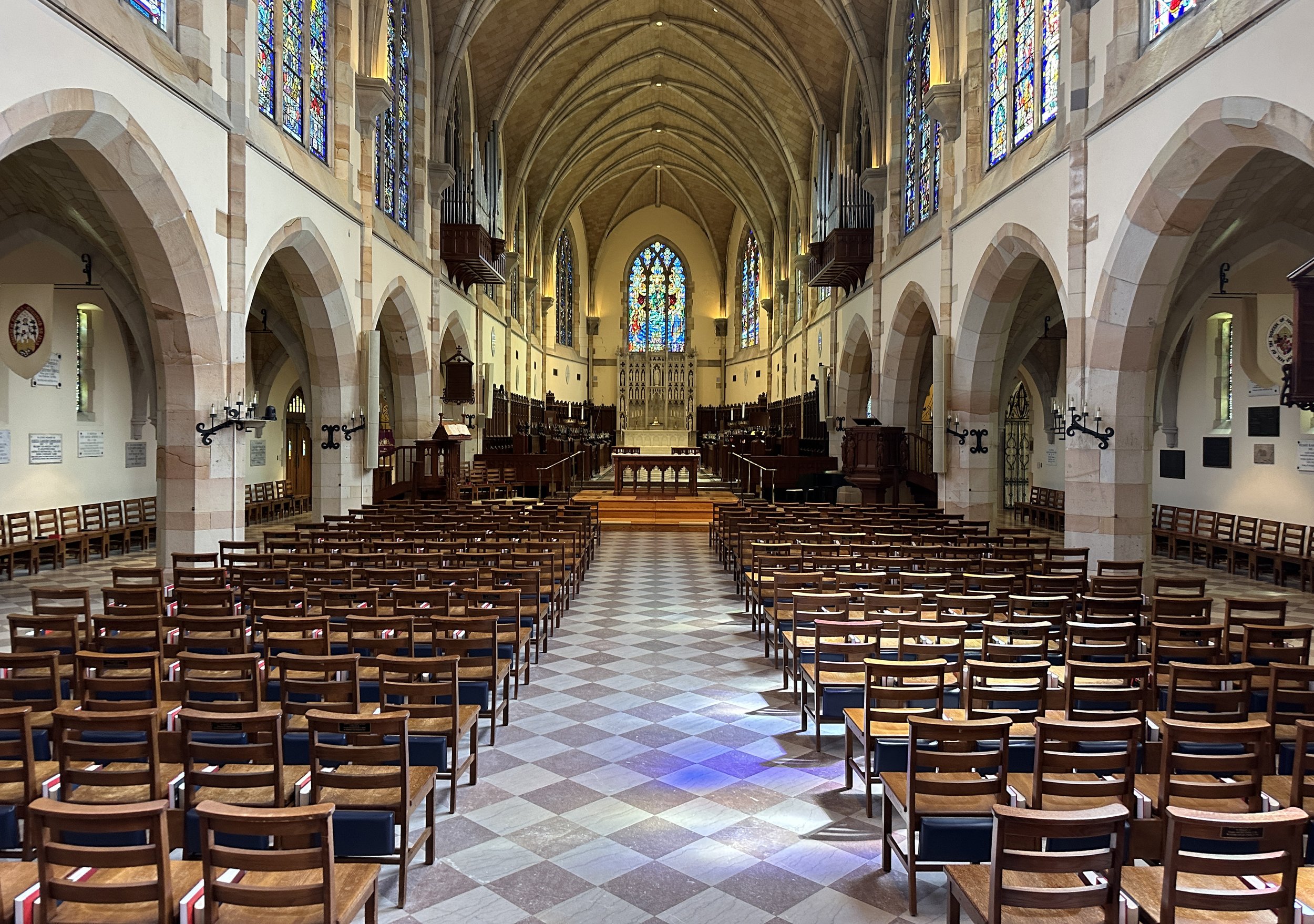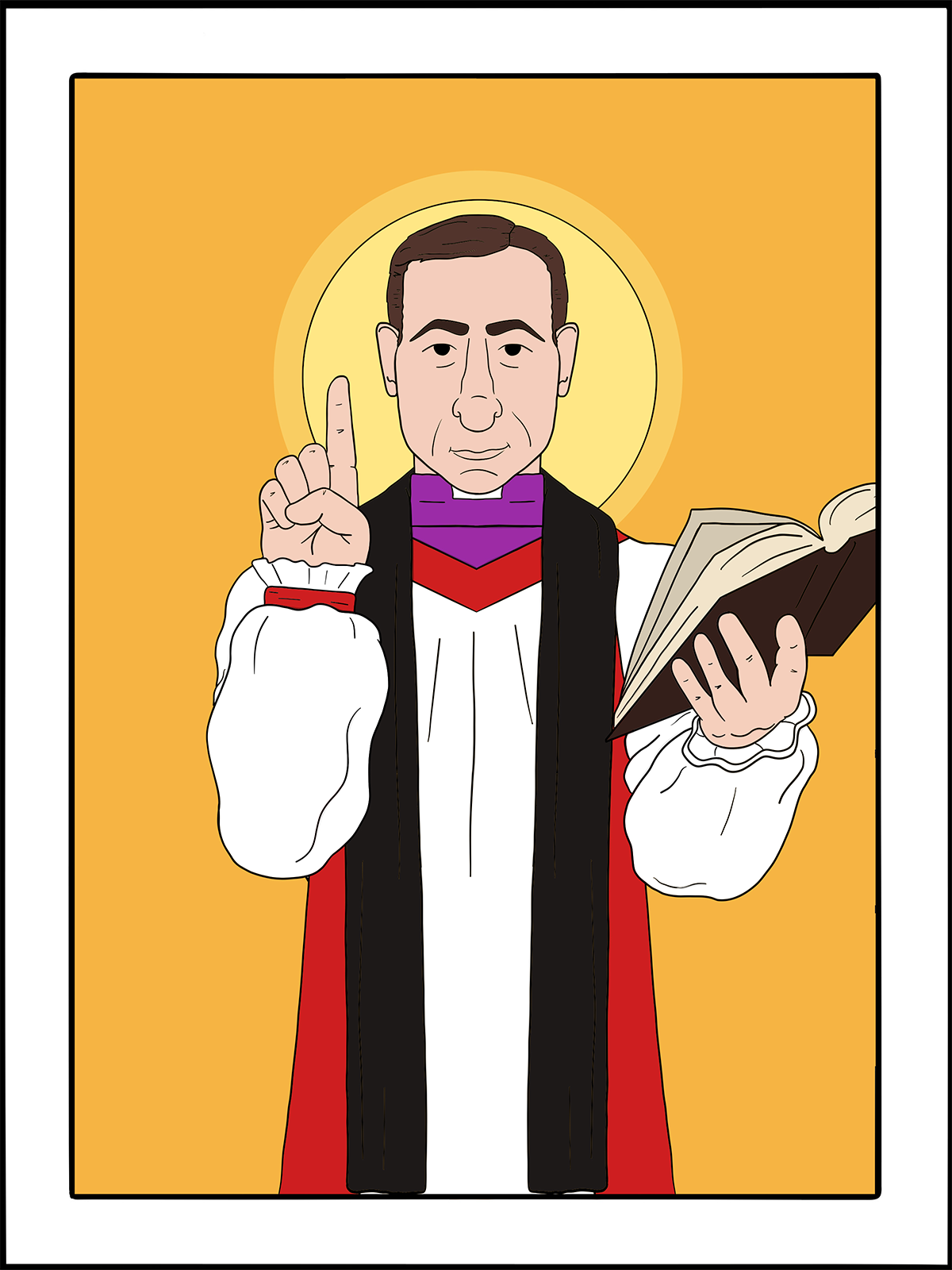
September 4
Paul Jones
Bishop, 1941
art by Rev. Kirsten Kohr of Geneva, Ohio Merciful God, you sent your beloved Son to preach peace to those who are far off and to those who are near: Raise up in this and every land witnesses who, after the example of your servant Paul Jones, will stand firm in proclaiming the Gospel of the Prince of Peace, our Savior Jesus Christ, who lives and reigns with you and the Holy Spirit, one God, now and for ever. Amen.
Paul Jones was born in 1880 in the rectory of St. Stephen’s Church, Wilkes-Barre, Pennsylvania. After graduating from Yale University and the Episcopal Theological School in Cambridge, Massachusetts, he accepted a call to serve a mission in Logan, Utah. In 1914, he was appointed archdeacon of the Missionary District of Utah and, later that year, was elected its bishop. Meanwhile, World War I had begun.
As Bishop of Utah, Paul Jones did much to expand the church’s mission stations and to strengthen diocesan institutions. At the same time, he spoke openly about his opposition to war. With the entry of the United States into the war, the Bishop of Utah’s views became increasingly controversial. At a meeting of the Fellowship of Reconciliation in Los Angeles in 1917, Bishop Jones expressed his belief that “war is unchristian,” for which he was attacked with banner headlines in the Utah press.
As a result of the speech and the reaction it caused in Utah, a commission of the House of Bishops was appointed to investigate the situation. In their report, the commission concluded that “The underlying contention of the Bishop of Utah seems to be that war is unchristian. With this general statement, the Commission cannot agree . . .” The report went on to recommend that “The Bishop of Utah ought to resign his office,” thus rejecting Paul Jones’ right to object to war on grounds of faith and conscience.
In the spring of 1918, Bishop Jones, yielding to pressure, resigned as Bishop of Utah. In his farewell to the Missionary District of Utah in 1918, Bishop Jones said: “Where I serve the Church is of small importance, so long as I can make my life count in the cause of Christ … Expediency may make necessary the resignation of a bishop at this time, but no expedience can ever justify the degradation of the ideals of the episcopate which these conclusions seem to involve.”
For the rest of his life, he continued a ministry within the church dedicated to peace and conscience, speaking always with a conviction and gentleness rooted in the gospel. Bishop Jones died on September 4, 1941.
Excerpted directly from “Lesser Feasts and Fasts 2022,” p. 390-391.

